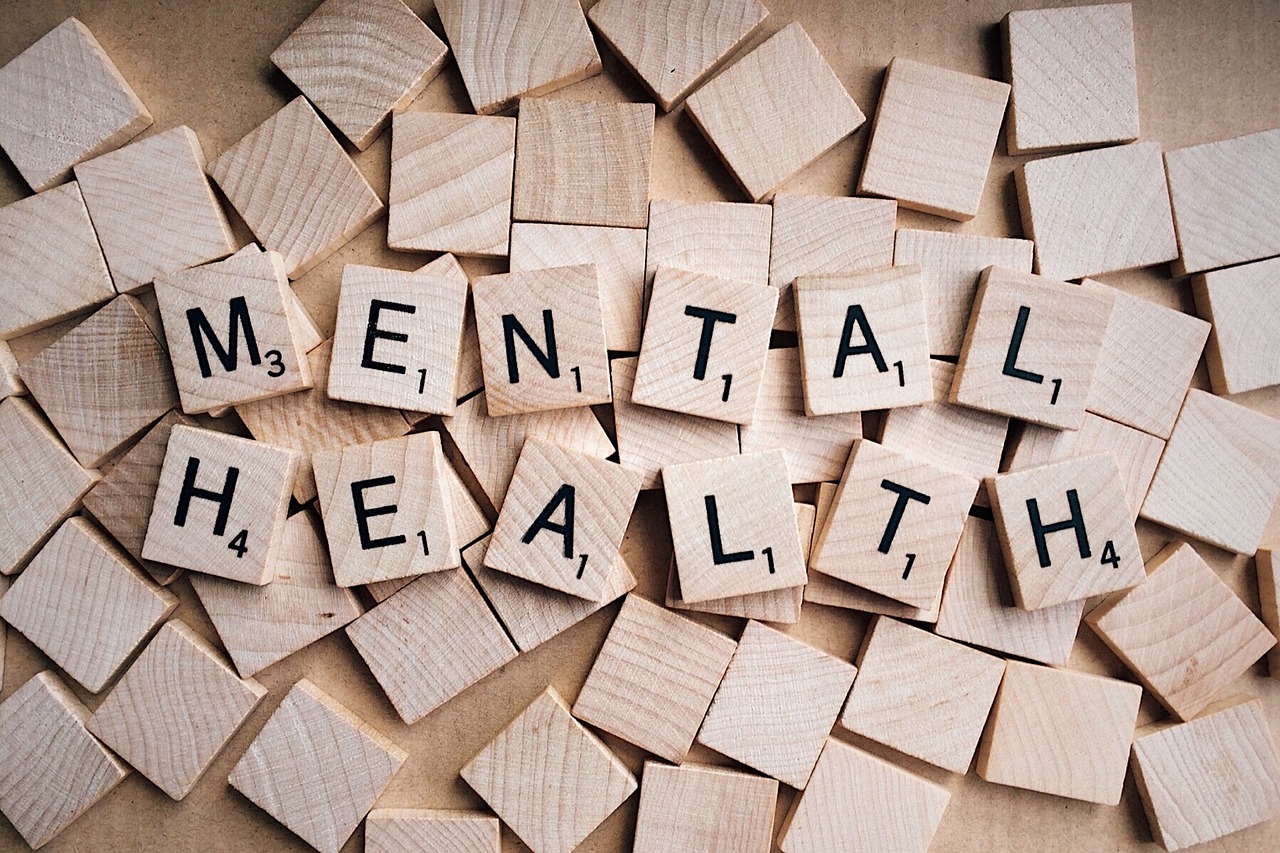Signs You Need to Consult a Psychologist

(Source)
The death of a family member, anxiety, panic attacks, and overthinking can make a person feel isolated and depressed. Most people believe these problems will fade over time, but if they are serious, they rarely do. The emotional damage and mental health problems accompanying these issues demand psychological services.
A psychologist is a person that has the proper education, such as a graduate diploma of psychology online or in campus, training, and expertise required to help resolve issues in mental health patients.
While it may feel difficult to reach out for help, facing emotional problems is undoubtedly the pathway to excellent mental stability. If you are unsure about consulting a psychologist, this guide is for you. Below we have compiled a list of some top reasons people approach a psychologist for help.
What Is Mental Health
Before we get into a list of why consulting a psychologist is necessary, let's look at what mental health is and why it is so important. Mental health covers social, emotional, and psychological well-being. Due to this, it plays a massive role in how we behave, think, and feel. A change in behaviour, mood, and thought patterns are common symptoms of mental health problems. A few factors that contribute to this include:
- Genetic factors
- Brain chemistry
- Family history
- Life experiences
Mental health is not an issue that resolves on its own, so it’s important to consult a psychologist immediately if facing any troubles.
Anxiety and Stress
Losing a job, relationship troubles, finding a job, completing education, and even marriage can sometimes take a significant toll on your health. Most people feel anxious due to an uncertain future, while others stress over situations that do not go according to plan. Whether it is anxiety or stress, both can cause substantial mental health damage if they are nurtured. Both of these can evolve into:
- Depression
- Feelings of isolation
- Social communication issues
- Other mental and physical health problems
Consulting a psychologist means locating and then targeting your problems that give rise to anxiety or stress. Knowing what is taking a toll on your mental health encourages patients to work on methods to overcome them. A psychologist helps in devising these methods along the way.
Death
Not everyone reacts to death or demise in the same fashion. Some people express their emotions and heal, while others stuff their feelings inside only to feel worse later. In such situations, a psychologist can help such people find alternative ways to cope and survive. Exploring emotions deeply and expressing them in non-verbal ways often helps patients greatly.
Phobia
Being scared of heights or hating crawling spiders are some common phobias. While these can lead to unfounded fears, other phobias may destroy your life. Sitophobia, for example, the fear of eating, can lead to eating disorders, malnutrition, and physical health issues. Overcoming fears and phobias are essential to leading a fulfilled life. A psychologist can help eradicate these fears so that patients can overcome phobias.
Depression
Feeling like there is no hope or feeling helpless could be possible signs of depression. Most people believe depression cures itself, while others think it's not a severe condition. However, leaving depression untreated can cause havoc in your life. Some common symptoms of depression include:
- Loss of interest
- Turbulent emotions
- Fatigue
- Insomnia
- Weight troubles
Since there are many types of depression, identifying the source and helping a psychologist understand your problem is necessary. Deducing the source of negative feelings and emotions can help a patient and psychologist tackle mental issues more methodologically.
Addiction
Most eating disorders and addictions result from underlying problems and hurt emotions that have never been treated. As you navigate through mental issues with your psychologist, they will also ensure to help you with the following for lasting effects:
- Eliminating eating disorders
- Dealing with addictions
- Cutting out stress
- Emphasis on proper sleep and diet
- Eradication of substance/drug abuse
Relationship and Family Troubles
While a good relationship can reduce stress and make you feel fulfilled and happy, a bad one can make you feel drained. Poor relationships lead to poor quality of life and lower self-esteem. Consulting a psychologist as a group or on your own can help you navigate any relationship. You will be able to let out negative emotions, see what mistakes you are making, where to compromise, and most importantly, how you can strengthen the said relationship.
Enhancing Capabilities
Consultation with a psychologist is not only limited to relationship troubles, eating disorders, or substance abuse. You can also reach out if you feel you cannot meet your goals like others. While people often dream and visualize their achievements before they happen, not everyone is mentally prepared for the actual series of events, even if they are physically ready. A psychologist can help you mentally prepare by:
- Setting clear goals
- Decluttering the mind
- Reducing stress and anxiety
- Identifying coping patterns
- Deducing what makes you scared or under-confident
- Suggesting a better diet plan and exercise
Neutrality
A psychologist can lend unbiased and neutral perspective. Talking out loud and discussing problems with a therapist helps people find solutions to their problems on their own. Doing so gives them confidence and self-esteem, and they can think and concentrate better. Task orientation is improved, and the patient soon starts to believe they can do well independently.

Types of Mental Health Disorders
Let's look at the different types of mental disorders that call for a visit to a psychologist:
Mood Disorder
- Severe or major depression with sadness and loss of interest
- Bipolar disorder that causes fluctuations in mood and surge in emotions
- Seasonal affective disorder (SAD) that sets in during the winter
Schizophrenia Disorder
- This is a disorder with a wide range of disorders including psychotic behavior and complex symptoms
Anxiety Disorder
- Generalized anxiety disorder (GAD) that includes tensed muscles, fear, fatigue, restlessness, lack of concentration and insomnia
- Panic attacks with severe anxiety
- Simple, agoraphobia or social phobias
- Obsessive compulsive disorder (OCD)
- Post traumatic stress disorder (PTSD)
Endnote
Mental illness is not something that you should ignore. Getting help at the right time can help you lead a more complete and fulfilled life. Do not hesitate to reach out if you face relationship troubles, trauma, death, substance abuse, anxiety, phobia, depression, or suicidal thoughts. Reaching out to a psychologist to declutter your mind and to get a neutral opinion is also always a good idea.